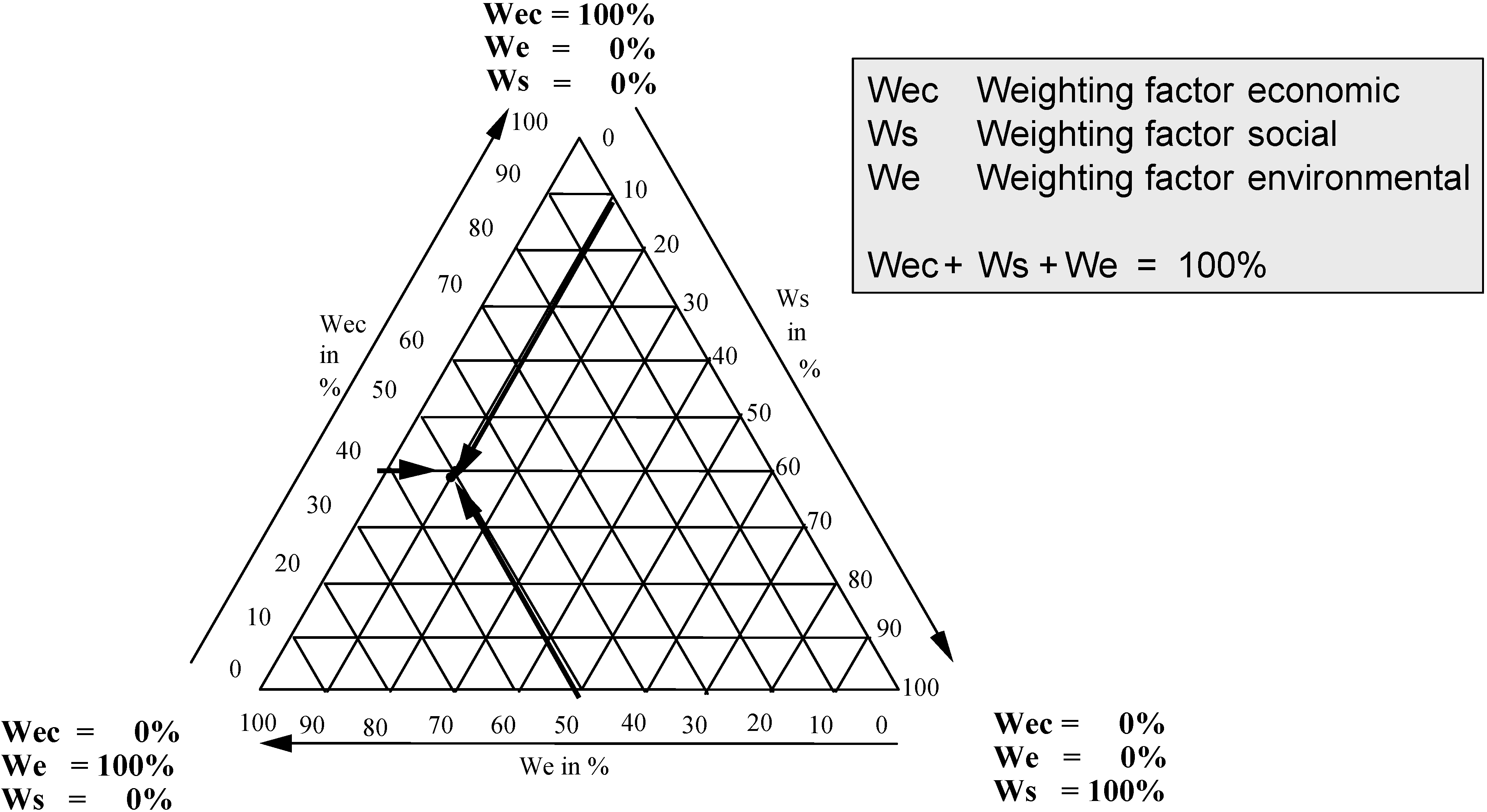Health Belief Modell Anwendung
The health belief model hbm is a widely used cognitive model of health behavior that was developed in the 1950s to explain the lack of participation in public health service programs responses to experienced symptoms and medical compliance.
Health belief modell anwendung. At the most basic level the hbm is a value expectancy theory. The health belief model is a tool developed to explain patient s behavior in the face of an illness or the risk of falling ill 5. Later uses of hbm were for patients responses to symptoms and compliance with medical treatments. The patient protection and affordable care act promoted the benefits of preventive care while reducing barriers for young adults to access the health insurance and preventive measures.
It was developed in the 1950s and considers that positive factors increase pro health behaviors while negative factors decrease or inhibit them. The health belief model hbm is a social psychological health behavior change model developed to explain and predict health related behaviors particularly in regard to the uptake of health services. The health belief model hbm is one of the many models in health education that can be used as the basis for health promotion programs. Health belief model 41 kelley 1967 which she theorized as determinants of health beliefs which in turn prompted intention f ormation fishbein and ajzen 1975 a more immediate cognitive.
Health belief model put into action using a guy named jeff. Public health service in order to understand the failure of people to adopt disease prevention strategies or screening tests for the early detection of disease. The health belief model was created in the 1950s by social scientists who wanted to understand why few people responded to a campaign for tuberculosis tb screening. The scientists discovered.
Public health service and remains one of the best known and most widely used theories in health behavior research. Health belief model hbm has been widely used to measure the health beliefs and behaviors about cancer screening. Hbm is a cognitive model that tries to identify patterns of healthy behavior. Behavior is dependent on 1 the subjective value placed on the outcome and 2 the expectation that an action will lead to that outcome.
The hbm was developed in the 1950s by social psychologists at the u s. The health belief model hbm was developed in the early 1950s by social scientists at the u s.







